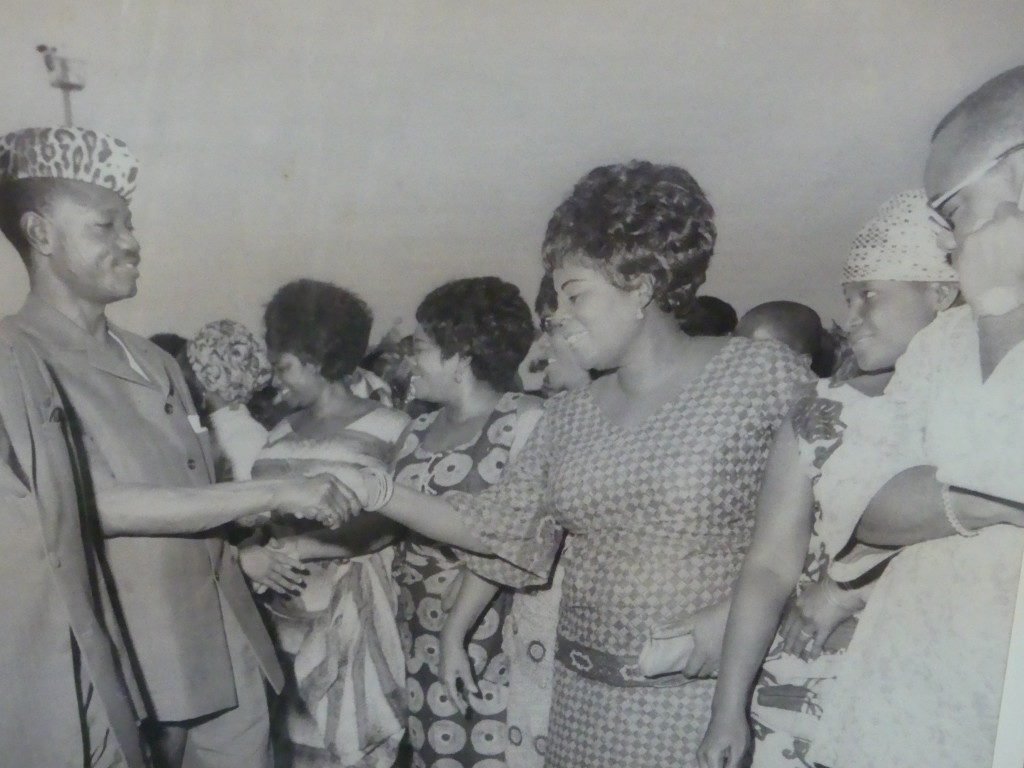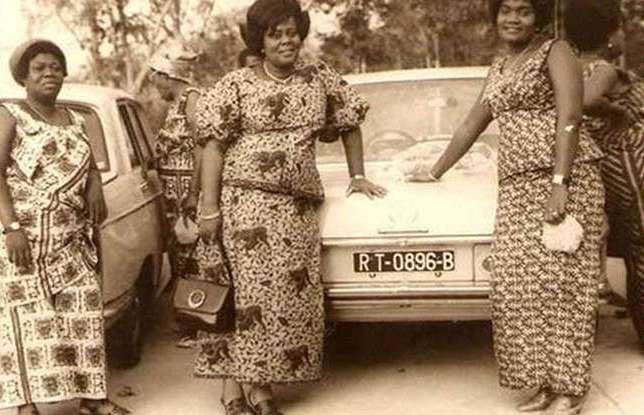In African history, there have been very great women in business and entrepreneurship who penetrated, survived, thrived and prospered in trade and business despite the numerous inherent challenges and obstacles.
We are pleased to announce and celebrate the Nana Benz of Togo. The Nana Benz were famous businesswomen in Togo. “Nana”, a diminutive or nickname (if you will) of na (or ena) to mean “mother” or “grandmother” in the mina (or guin) language of South Togo, where most of these traders came from at the time. And “Benz” for the Mercedes Benz cars they liked to drive. Overtime, the word lost its original parental dimension and has been used as a form of respect and politeness to acknowledge the social position of the Nana Benz.
The Nana Benz of Lomé, a unique category of Togolese merchants, were without question members of the middle class, who, in building wealth from trade in printed cloth, in many respects harkened back to the cloth merchants who prospered in the West in the Middle Ages. From a historical perspective, they were the embodiment of the merchant bourgeoisie, in that they were mostly found in cities and specialized in trade.

In the 1940s and 1950s, Nana Benz (as they were popularly called) were the first cloth retailers to start importing textiles from Ghana and then proposed selling them to import/export firms in Togo when relations between Sylvanus Olympio and the Ghanaian president Kwame Nkrumah went sour over the British Togoland and Ewe issue. Those firms were the British GB Ollivant, United Africa Company (UAC), John Holt, the French SGGG (Société Generale of the Gulf of Guinea), CFAO (Compagnie Française de l’Afrique Occidentale), and SCOA (Société Commerciale de l’Ouest Africain).
In the 1970s, the Nana Benz rose in prominence to become a cornerstone of the Togolese economy. They were credited for positioning Lomé into a regional center of textile distribution as they dominated the trade in wax prints from Holland, Belgium, France, and England. It is estimated that between 1976 and 1984, at least 40% of the commercial business in Togo which was in the informal sector, was in the hands of the Nana Benz. In addition to establishing Vlisco as the top-selling textile brand in West Africa, the Nanas also carried the nation’s economic burden during a time marked by large budget deficits (from 13.4% of GDP in 1973 to 39.6% of GDP in 1979). In the early-90s, political instability, followed by economic sanctions, and a 50% devaluation of the CFA led to their loss of monopoly over the wax print market.⠀
Read more about them and their accomplishments in our upcoming Monthly Magazine




